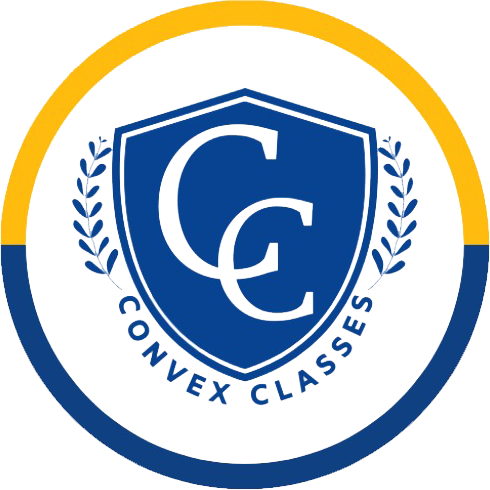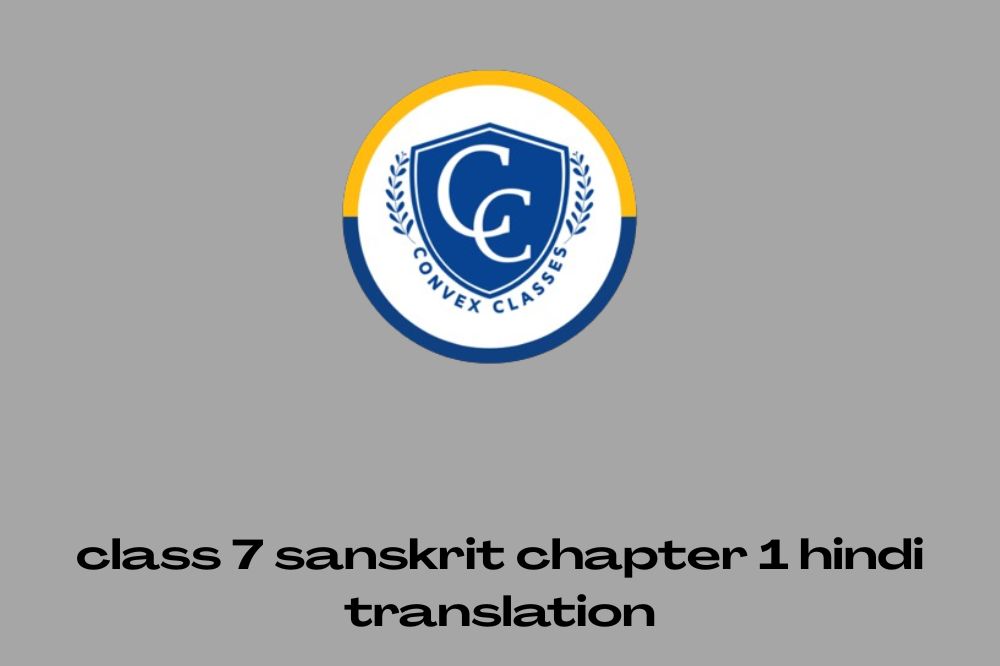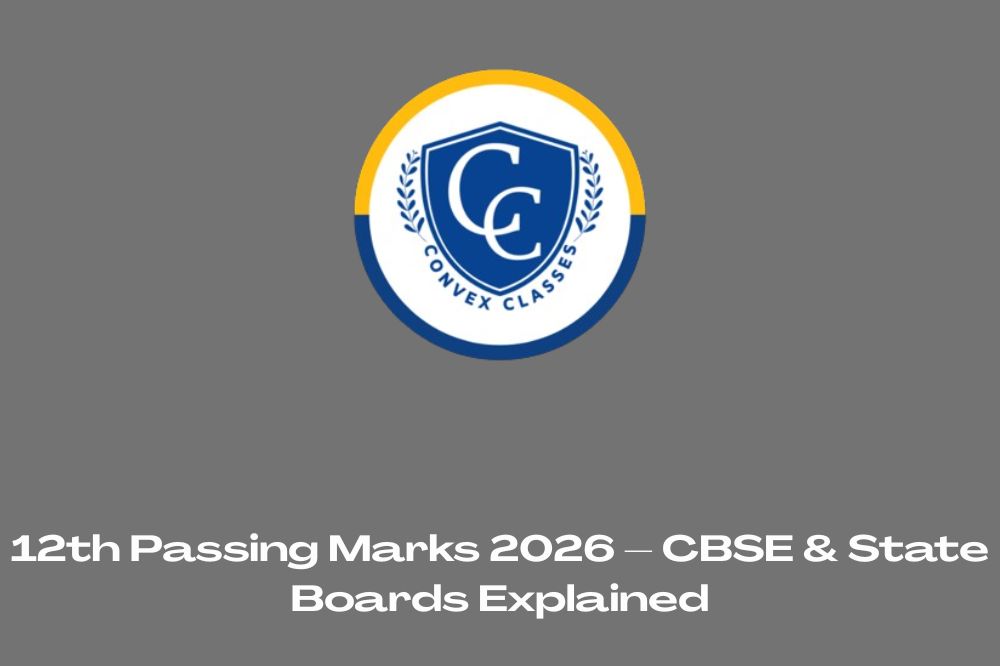A well-structured study plan is crucial for effective learning and maximizing your potential. By allocating specific time slots for each subject, you can ensure consistent progress and minimize stress.Here’s a sample 12hour study time table for NEET 2025 that you can adapt to your specific needs:
12 Hours Study Time Table for NEET 2025
| Time | Subject | Activity |
|---|---|---|
| 6:00 AM – 8:00 AM | Physics | Concept revision, problem-solving |
| 8:00 AM – 10:00 AM | Chemistry | Theory reading, numerical practice |
| 10:00 AM – 10:30 AM | Break | Relax, meditate, or do light exercise |
| 10:30 AM – 1:00 PM | Biology | Theory reading, diagram practice, MCQs |
| 1:00 PM – 2:00 PM | Lunch and Relaxation | |
| 2:00 PM – 4:00 PM | Physics/Chemistry | Problem-solving, doubt clarification |
| 4:00 PM – 4:30 PM | Break | Relax or engage in a hobby |
| 4:30 PM – 7:00 PM | Biology | Revision, MCQs, and previous year papers |
| 7:00 PM – 8:00 PM | Dinner and Relaxation | |
| 8:00 PM – 9:00 PM | Revision of the day’s topics | |
| 9:00 PM – 10:00 PM | Meditation or Yoga | |
| 10:00 PM – 10:30 PM | Wind Down, Read a Book |
Effective Study Strategies: NEET 2025
- Active Learning: Engage with the material through techniques like mind mapping, flashcards, and summarizing.
- Practice Regularly: Solve numerous practice questions and mock tests.
- Time Management: Allocate specific time slots for each subject and stick to the schedule.
- Seek Guidance: Consult with teachers or mentors for clarification and advice.
- Healthy Lifestyle: Prioritize sleep, nutrition, and exercise.
- Stress Management: Practice relaxation techniques to reduce stress and anxiety.
- Stay Positive: Maintain a positive attitude and believe in yourself.
Which book is sufficient for NEET?
There isn’t one single sufficient book for NEET as it tests a vast amount of scientific knowledge. However, NCERT textbooks are the absolute foundation for NEET preparation . They cover all the essential concepts and form the base for most reference books and question banks.
NEET 2025-26 Batch Start Enroll Now
Biology: Best Book For NEET Biology
- NCERT(class 11 &12) ,
- Neet previous year question papers by convex Classes(biology),
- NCRT in your fingure tips, Dr. ali (biology),
- true men Biology,
Physics : Best Book For NEET Physics
- NCERT (class 11 & 12 ),
- uss errorless physics Neet previous year question papers by convex Classes(Physics),
- S.l. Arora ,
- NCERT In Your fingure tips physics,H.C. Verma,
Chemistry: Best Book For NEET Chemistry
- NCERT (class 11 & 12 ),
- Neet previous year question papers by convex Classes(Chemisty),
- uss errorless chemistry, op tondon organic chemistry.
How many questions in NEET are directly from NCERT?
It’s difficult to say exactly how many questions in NEET are directly lifted from NCERT textbooks. The number can vary slightly year to year. However, based on past trends, you can expect a very high percentage of NEET questions (around 80-85%) to be based on the NCERT curriculum.
Here’s a subject-wise breakdown:
Biology: This section heavily relies on NCERT. Expect around 85-88 questions (out of 90) to be directly or indirectly from NCERT.
Chemistry: Questions in Chemistry are more concept-oriented, but still heavily NCERT-based. Aim for around 80% of questions to be related to the NCERT curriculum.
Physics: Physics has the least number of direct NCERT questions (around 15-20%). However, understanding NCERT concepts is crucial for solving even non-direct physics questions in NEET.
Remember, even questions that aren’t phrased exactly like something in the NCERT textbook might still test your understanding of concepts covered in those books. So, thoroughly mastering NCERT is an essential first step for NEET success.
Is it possible to crack NEET with only self study?
Cracking NEET with self-study is absolutely possible! While coaching centers offer structured guidance and additional resources, many students achieve success through self-discipline and a strategic approach.
Here’s a breakdown of the feasibility:
Advantages of Self-Study:
Flexibility: You can tailor your study schedule to your own pace and learning style.
Cost-effective: You save money on coaching fees and study materials.
Independence: You develop strong self-learning skills and time management habits.
Challenges of Self-Study:
Discipline Required: You need strong self-motivation and discipline to stay on track without external guidance.
Doubt Clearing: Clarifying doubts can be more challenging without immediate access to teachers or mentors.
Tips for Cracking NEET with Self-Study:
Follow the guidance above in our previous responses regarding:Mastering the NCERT syllabusCreating a study plan and prioritizing effectivelyUtilizing active learning techniquesConsidering additional resources like online courses or mock tests
Seek Guidance When Needed: Don’t hesitate to consult online forums, video tutorials, or subject-matter experts for clarifying doubts.
Join Online Communities: Connect with other NEET aspirants online for motivation, sharing strategies, and healthy competition.
Ultimately, success depends on your dedication, focus, and the resources you leverage. If you’re committed to self-study and have a good plan in place, you have a strong chance of achieving your NEET goals.




